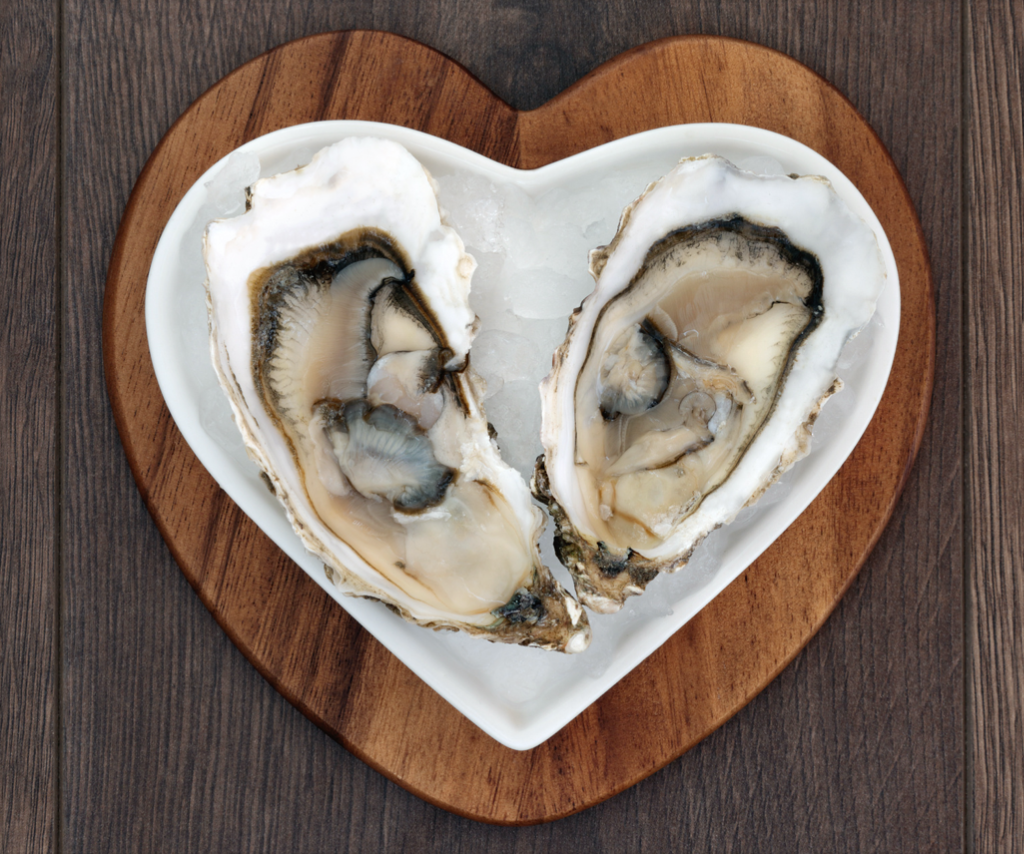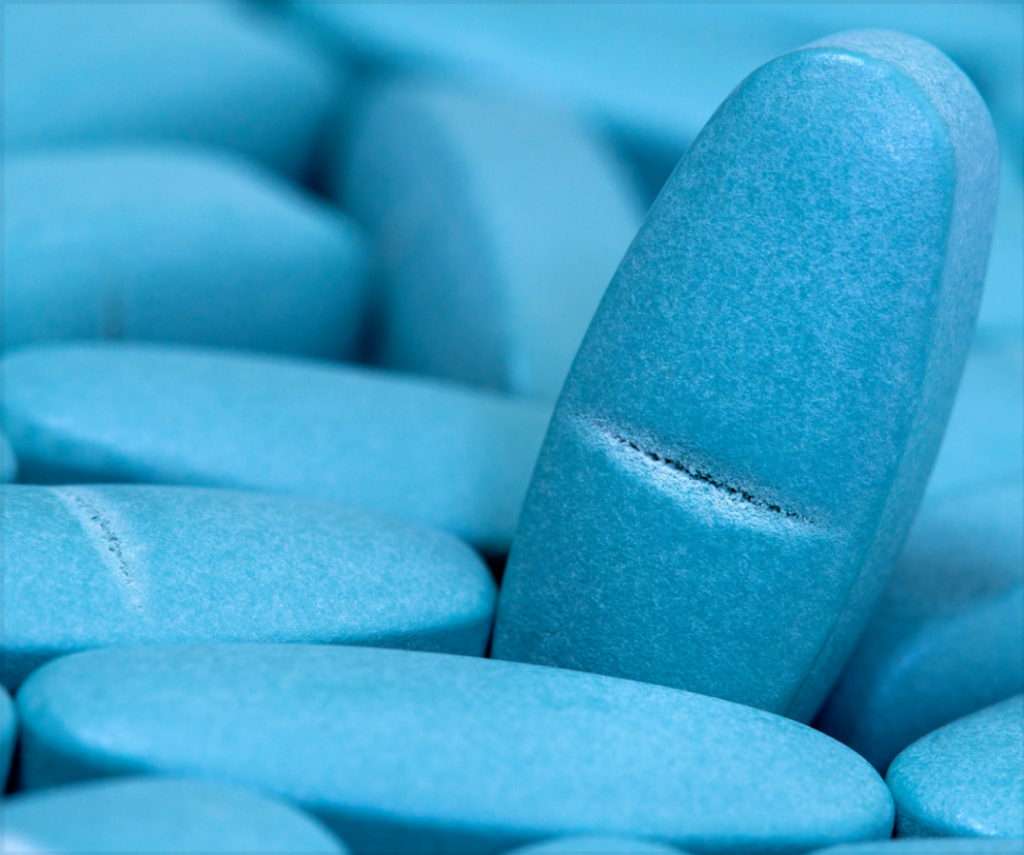Today, for Valentine’s Day, we will talk about human libido and sexual arousal. Everything that we know as aphrodisiacs, can they really help enhance these two aspects of our intimate life?
What are aphrodisiacs?
They are any food, substance or drug that can potentially increase libido and sexual arousal.
Among the best known aphrodisiacs are shellfish (oysters, clams, mussels, etc.), chocolate, strawberry and various spices such as cinnamon, cardamom, saffron and nutmeg. Apart from the latter, there are several foods with aphrodisiac qualities attributed to them, and curiously enough, these resemble in some way human genitalia: cucumber, papaya, eggplants, grapefruits, turnips, carrots, peaches; and there are many others.
In addition, some perfume producers would have us believe that various scents are aphrodisiacs. Among them, jasmine, rose, vanilla, ylang ylang and other perfumes and essential oils.
And finally, less innocent aphrodisiacs in the form of drugs. Among them there are drugs with scientifically proven efficacy, such as viagra, and many others that do not have scientifically proven aphrodisiac effects. There are some drugs that are not recommended for use because they are not considered safe, such as cantharidin which can cause a long-lasting and painful erection in men, because they can have harmful and even fatal effects. And despite numerous deaths over the years, it continues to be marketed and demanded.

So, do they work?

As many scientific studies pointed out, aphrodisiacs (in form of food and perfumes) have no effect on our sexual libido and, even if there is any effect, it can only be attributed to placebo. And any over-the-counter medication that claims to be an aphrodisiac cannot be considered safe and effective.
In some cases documented and included in these scientific studies, cases of intoxication, cardiac disorders, fainting, nausea, dizziness and, sometimes, even death have been observed after the intake of these drugs with supposed aphrodisiac effects.
Apart from that, some drugs and supplements marketed as natural aphrodisiacs may contain substances that require a prescription, but these substances would not appear in the composition of the drug. Very often, sildenafil, the active compound of the Viagra, is found in aphrodisiacs. Sildenafil can be dangerous under certain conditions and in combination with certain medications and therefore should only be sold with a prescription. In addition, there is a risk of overdose because the exact amount of sildenafil present in such aphrodisiacs is unknown.
We never know the exact content of the substance used in dietary supplements, because they are not controlled in the same way as pharmaceutical drugs. And, if a certain amount of a certain substance is declared on the package, this does not mean that dietary supplements will actually contain it.
As to the highly commercialised perfumes with pheromones, which supposedly make a person more sexually attractive on a chemical level, there is no scientific evidence that there are certain molecules that can make people more sexually attractive. Moreover, humans are not guided by smell when it comes to being attracted to a person, because humans are visual animals, and like many apes, we are guided above all by visual attraction.
A little bit about sexual libido
To begin with, it is important to establish that libido is not what we normally imagine it to be, it is not a physical reaction. It is the level of sexual tension that we have that is measured above all by the fantasies and thoughts that we have related to sex; it is our sexual desire that does not need to culminate in a sexual act. Libido is not something that we suddenly feel like a wave of passion (a notion that we are used to thanks to Hollywood movies). Actually, sexologists teach us that we must know how to “control” libido consciously.
So, if you want to organise a romantic dinner for your partner, know that “aphrodisiac” foods and pleasant aromas can stimulate your libido but only because we choose to work it up consciously, by putting ourselves in a libidinous mood. The “aphrodisiacs”, therefore, have nothing to do with what we feel physically and, of course, they will not have any effect on their own.
Keep in mind that there are several reasons why libido can be reduced, but it does not mean that everyone who has a lower libido level has any kind of problem. In sexology, this kind of “problems” is considered normal if it does not cause distress to the person.

The state of libido depends on many factors that a person can remedy on their own (by changing their lifestyle and attitude towards sex) or with professional help if it has something to do with physical or mental health problems. If you have a problem that really worries you, you should consult your GP, psychologist or sexologist, and, of course, do not try to solve it with “aphrodisiacs”.
